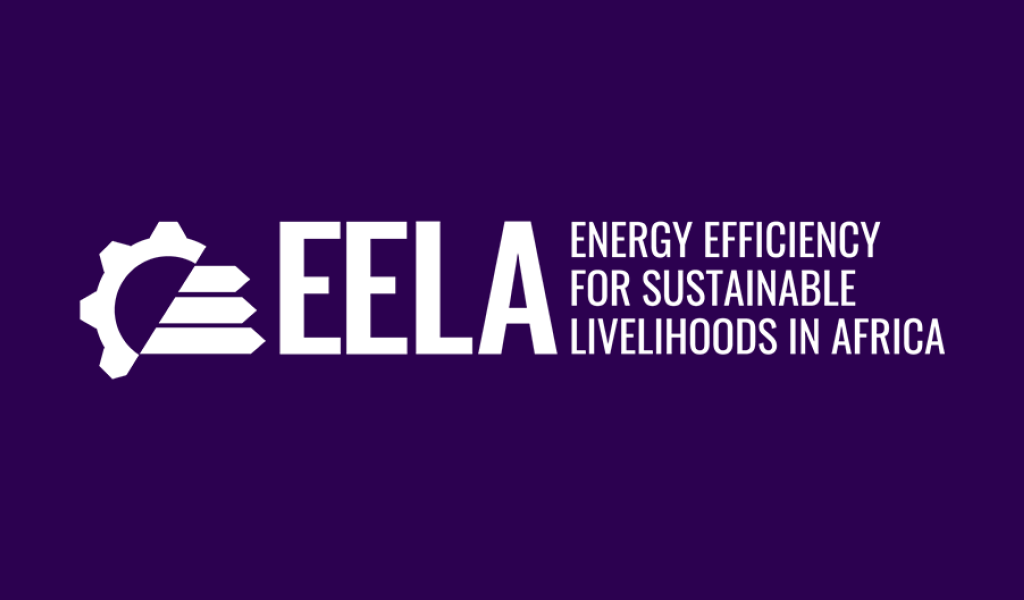Brochure
Consolidated Report for EAC and SADC Regions on Assessment of the Market for Productive Use of Energy Appliances

The Southern African Development Community (SADC) and the East African Community (EAC) are regional intergovernmental organizations covering Southern Africa and East Africa, respectively. The two trade blocks seek to widen and develop their member states’ economic, political, social, and cultural integration.
Essential building blocks focus on streamlining governance and advancing economic growth across key energy, agriculture, and trade sectors. Overall, we found that the key productive use of energy (PUE) appliances serves the agricultural sector due to the sector’s significant contribution to the member state’s economies. The PUE products identified identified as having the highest potential for impact, based on in-depth research and country analysis across the two regions, include solar milling machines, solar water pumps, cold storage, electric 2- and 3-wheelers, egg incubators, solar milking machines and oil pressing. In further sections of the report, we provide information on the technologies that are most suited to member countries of EAC and SADC based on the agricultural value chains available.
Despite the opportunities available for PUE appliances in EAC and SADC regions, barriers exist, and interventions are required to realise their potential. In fact, while there is a massive addressable market of $8,457M across the six countries studied, the addressable market is significantly reduced to USD $547M. Barriers include lack of affordability, water scarcity (in relation to solar irrigation), need for demand aggregation for shared PUE viability, low levels of awareness (across stakeholders along the value chain) on the benefits of PUE alternatives and a general need to further develop the policy environment to accelerate
the PUE ecosystem’s growth which is still nascent in the studied markets. The report includes targeted recommendations for addressing the identified barriers and driving the uptake of PUE appliances, aligning with three broad intervention categories: policy and regulation, financing, and capacity building and awareness raising. Additionally, we propose integrating PUE elements into energy, agriculture, trade, and development policies as a first key step for the development of the PUE market in these countries.
Gender mainstreaming is a priority in the two regions, and member countries are making progress to empower women in the public and private sectors. While the progress is encouraging, women are still disadvantaged in nearly all economic sectors, including energy. The focus areas for PUE initiatives include enhancing women’s entrepreneurial and technical skills and improving their access to financing.